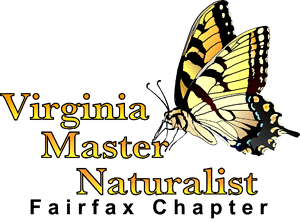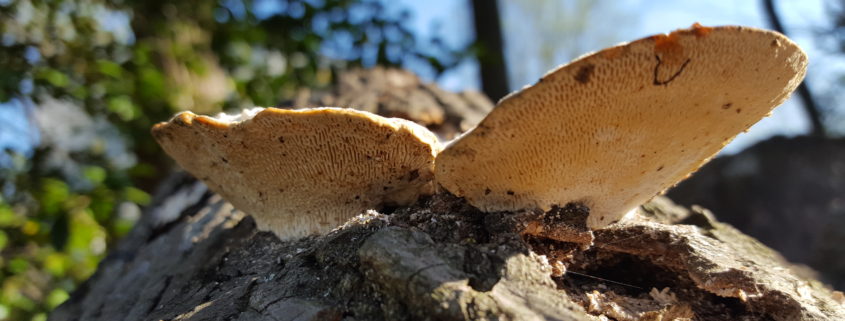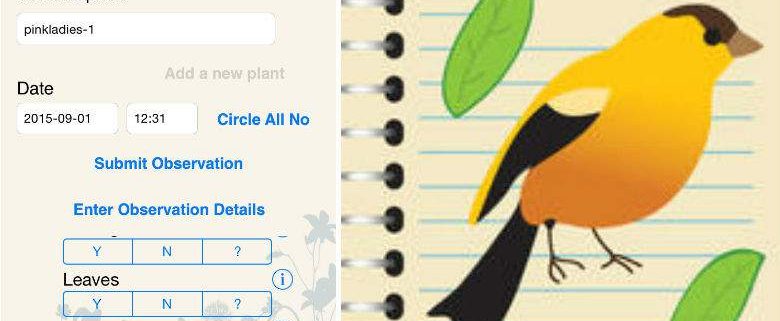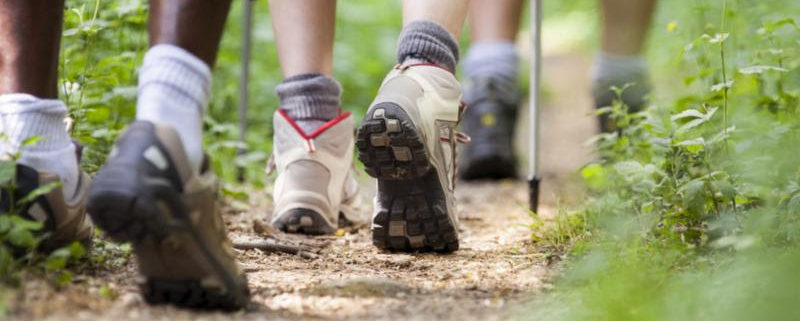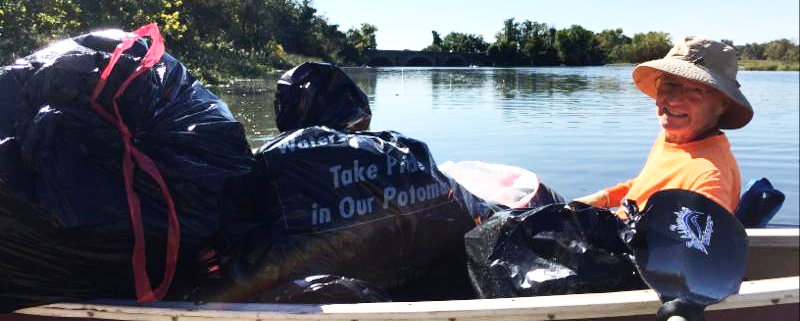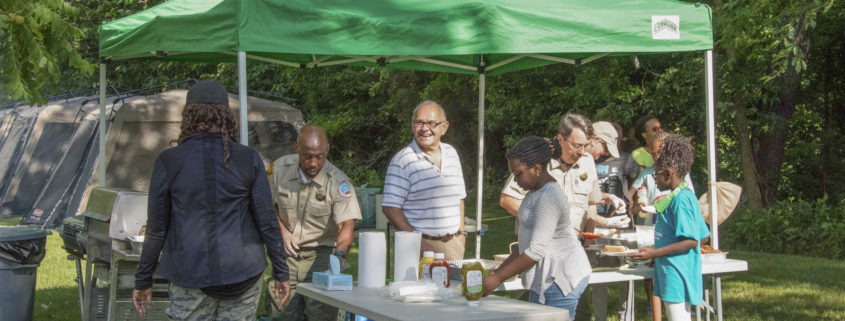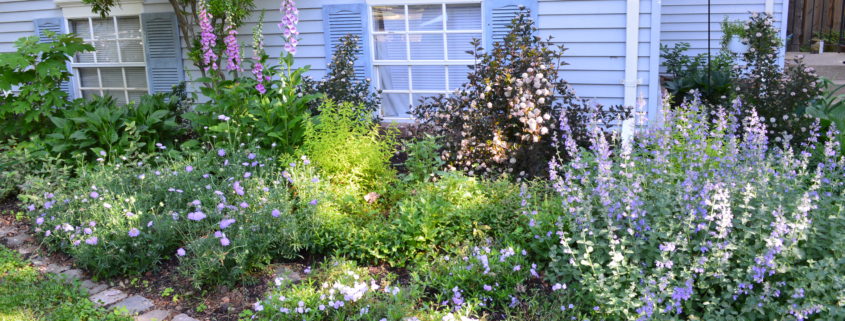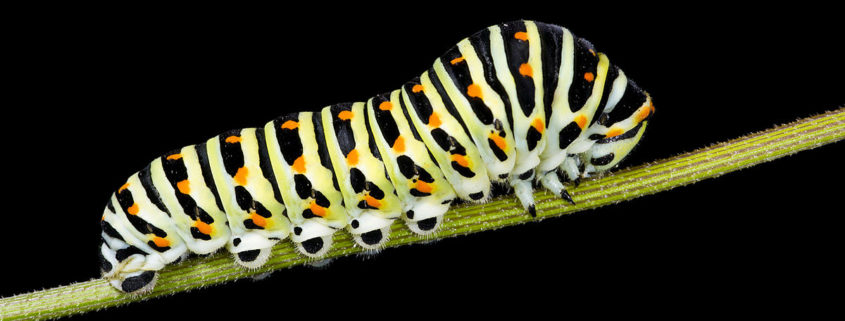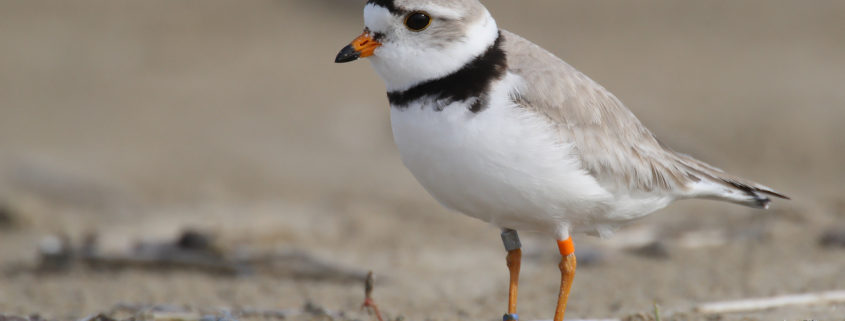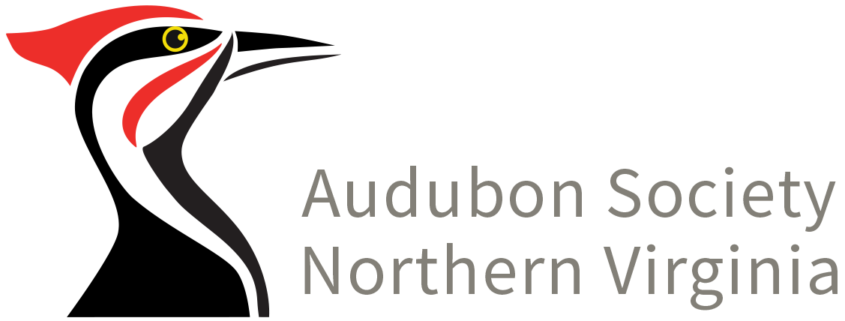Nominate an all-star for VMN volunteer of the year by 1 August
The Virginia Master Naturalist program’s state office is now accepting nominations for six statewide awards: Volunteer of the Year, Project of the Year (with four subcategories), and Advisor of the Year. These awards will be judged by the VMN statewide office team and one or more VMN Steering Committee members. The team will announce and distribute the awards at the annual conference, Friday evening, September 7.
To submit a nomination, please send the information requested for that particular award to Michelle Prysby, [email protected]. Nominations are due by August 1 at 5 pm.
You can find this year’s award nomination information below or on the VMN website.
Volunteer of the Year
This award recognizes a volunteer who has made outstanding contributions to natural resource education, citizen science, stewardship, and/or chapter administration. Criteria include the impacts the volunteer has made on natural resource conservation and education, demonstrated leadership by the volunteer, and impacts the volunteer has made on the local chapter and its volunteers. There is no minimum requirement for amount of hours or length of service for a volunteer to receive this award. Our focus is on the past one to two years of service.
In your nominations, please include the following:
- Name, email address, and VMN chapter affiliation of nominator
- Name, email address, and VMN chapter affiliation of the nominee
- Description of why the nominee should receive the award, limited to 400 words. You may choose to include a description of the individual’s service, specific examples of positive impacts made, aspects that make the individual stand out from other volunteers, and quotes from other volunteers or local partners. Please place your primary focus on the last 1-2 years of the volunteer’s service.
Project of the Year
Subcategories: Education/Outreach, Citizen Science, Stewardship, Administrative
This award recognizes a project that has made significant and noteworthy positive impacts for natural resource education, citizen science, stewardship, and/or chapter administration within the last 1-2 years. Focus is on projects for which the VMN chapter played a significant, unique role in creation, implementation, and leadership. VMN gives awards in each of four subcategories:
- Education/Outreach – Volunteer service in which VMN volunteers educate the public, such as interpretive programs at parks
- Citizen Science – Service projects involving data collection, monitoring, biological inventories, etc.
- Stewardship – Service projects to improve habitat or improve the ability of the public to access natural resources through trails, etc.
- Administrative – Projects to improve the functioning of a VMN chapter, such as re-vamping of the basic training course, mentorship programs, efforts to streamline chapter processes, etc.
In your nominations, please include the following:
- Name, email address, and VMN chapter affiliation of the nominator
- Name, email address, and VMN chapter affiliation for the primary VMN volunteer contact for the project
- The primary award subcategory for which you are nominating the project: Education/Outreach, Citizen Science, Stewardship, or Administrative. The project may include aspects of multiple subcategories and you may describe these aspects in your nomination statement, but you should indicate the primary subcategory under which you want to nominate the project.
- Description of why the project should receive the award, limited to 400 words. Please include a description of the project goals, activities completed, and impacts and outcomes for natural resources in your community and/or for your chapter. Include the roles and contributions of VMN volunteers to the project. Identify any significant partners for the project.
Chapter Advisor of the Year
This award recognizes a chapter advisor who has made significant and noteworthy contributions to a VMN chapter within the past 1-2 years. In your nominations, please include the following:
- Name, email address, and VMN chapter affiliation of the nominator
- Name, email address, and VMN chapter affiliation of the chapter advisor
- Description of why the chapter advisor should receive the award, limited to 400 words. Please include specific examples of how the chapter advisor has helped the chapter run effectively, make positive impacts in the community, or otherwise achieve its goals.


